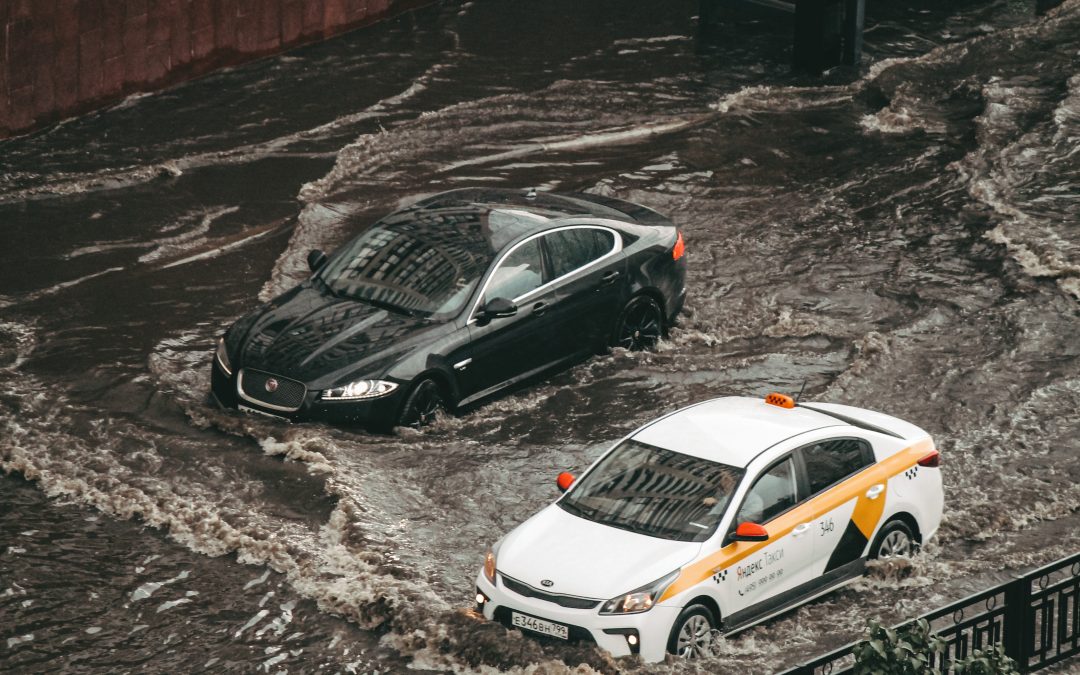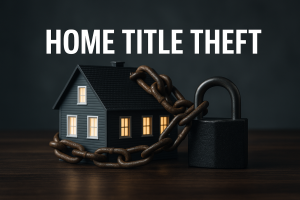Buying a high quality used car with low mileage is often a much better value than buying a new car. In fact, if done correctly, you can save an incredible amount over your working lifetime by investing the savings of buying used versus new.
This article is based on the premise that used cars can be a better value than new cars if done correctly. The way I see it, you are paying a premium to drive a new car for two years vs buying a two year old used car, for example. After that they are the same vehicle. You can see this in more detail by reading my article, new vs used cars.
Things have been quite odd the last year or so due to the Covid-19 induced supply chain issues that resulted in huge price spikes for both new and used cars. In a number of cases, new vehicles were in such short supply that used cars prices sometimes exceeded what a new car would typically sell for. That is not normal, and will not be the case once the supply and demand situation gets back in balance again.
In order to get that good used car deal, however, you do have to ensure that you are getting a high quality used vehicle. There are some pitfalls to avoid, including avoiding buying a flood-damaged car. The following tips should help you avoid any issues.
Lots of cars damaged every year in floods
Major hurricanes and natural disasters that result in flooding often result in hundreds or even thousands of flood-damaged vehicles. Regardless of the state in which the damage occurred, those vehicles end up being sold in states throughout the country.
It has been estimated that over 350,000 vehicles were damaged by hurricane Ian just a few months ago. Many of these were flood damaged. Some will be insurance claims. Others won’t be handled via insurance, and may just move throughout the country on their way to be sold to unsuspecting buyers.
The further away you live from the disaster site, the more likely you would be unaware of a potential problem. For example, if you live up north, you likely won’t even think about flood damage. Well be aware! A flooded car can end up being sold anywhere.
Get an inspection
Whenever you buy a used car, you should always get an inspection from a trusted mechanic! An investment of a few hundred dollars is worth it. It will either confirm you are making a good choice or will point out some problems. In many cases (just like with an inspection when buying a home), you may find a few things that need repairing. Often the seller will pay to fix those items in order to keep the sale agreement intact.
Regardless, be sure to make a condition of your purchase your ability to get an inspection with a qualified mechanic of your choosing. You can get one before you close on the sale (preferred) or before the return period is up.
A thorough inspection by a qualified mechanic should have no issues finding a flood damaged vehicle. This is one of your best line of defenses to ensuring you are getting a quality vehicle.
We got a good deal on a low mileage (10,000 miles) vehicle that was four model years old. It happened to be a business lease vehicle. We bought it from Carmax, a very reputable national company. Regardless, I still had concerns over whether there was something wrong.
I had the car inspected within the return period. I asked the mechanic if everything looked ok. He said, it looks like a car with just 10,000 miles on it! That’s all I needed to hear.
Buy from a Reputable Seller
Working with a reputable seller will go a long way toward ensuring you get a quality vehicle. Firms such as Carmax and Carvana have a national reputation to protect. They include inspection as part of their vehicle procurement process. This adds another layer of protection against water-damaged vehicles.
If you buy from a private sellers or sketchy used car lots, you are definitely taking a lot more risk. If you go down this path you’ll need to rely on a lot of other processes in order to avoid buying a lemon.
Look for Warning Signs before taking a test drive
Water-damaged cars may have some obvious red flags. There may be evidence of water stains, mud or rust in some spots.
Signs that the carpets were shampooed or have a strong cleaner smell might be evidence of a clean up effort. Also a musty order smell inside the car could be another sign.
Moisture in the instrumental panel or anywhere in the dash is strong evidence of a flooded vehicle.
Be sure to test the electrical components by turning the radio, lights, windshield wipers, etc on and off multiple times. Also check on some of the wires under the dashboard. Often cars with water damage to the electrical system will have brittle wires rather than the normal flexibility.
Review the title and vehicle’s history
If the title is marked as a salvage title you will want to get a very good understanding as to why. Even a clean title is not a guarantee. Unscrupulous sellers have been know to use a title washing process to provide a title that looks good, but is not accurate.
There are a number of ways to check the vehicle history before you buy. All you need is the car’s vehicle identification number and you can run a number of checks.
You can get a vehicle history report from Autocheck, CarFax and / or vehiclehistory.com. Sometimes what shows on one does not show on the other (like a credit report). Your safest best is to review all three of them.
Checking for unrepaired safety recalls is also another important step. If the vehicle has an known safety issue you should address that right away. These recalls are typically handled by the dealership at no cost to you.
You can also do a National Insurance Crime Bureau Vin check to see if there are any known insurance theft claims or salvage vehicle situations.
If the price seems too good, there may be an issue
The old cliche, “if it seems too good to be true, it probably is”, applies pretty well here. If the price on the vehicle is way too good, it could be a sign of someone trying to pass off a lemon to unsuspecting consumers. Getting too caught up in a great deal could give you tunnel vision whereby you are so enamored with the price that you miss all the warning signs of flood damage.
Regardless, if you are buying from a reputable seller, get a mechanic’s inspection, and do the vehicle history work, you should feel very confident that you are getting a quality used car.
Summary: How to Avoid Buying a Flood Damaged Vehicle
- Used cars can save you a lot of money versus new cars if done correctly
- Flood damaged cars are one pitfall to avoid when buying used. These cars end up in all 50 states
- Getting an inspection by a qualified mechanic of your choosing is a fantastic way to ensure you are getting a quality vehicle
- Buying from a well known reputable national seller such as Carmax is another way to increase your odds of getting a good car
- You can look for warning signs yourself such as a musty smell when sitting in the car or taking a test drive
- Running a vehicle history report and insurance crime bureau report is another way to check on where the car originated and other vehicle information
- If the price seems way too good, there is a chance the seller is trying to pass off a problem by tempting you with a cheap price
Other Articles to Consider
10 Ways to Offset High Gas Prices
New vs Used Car- What is the best choice?
Ways to Reduce Your Auto Insurance Premiums




Thx